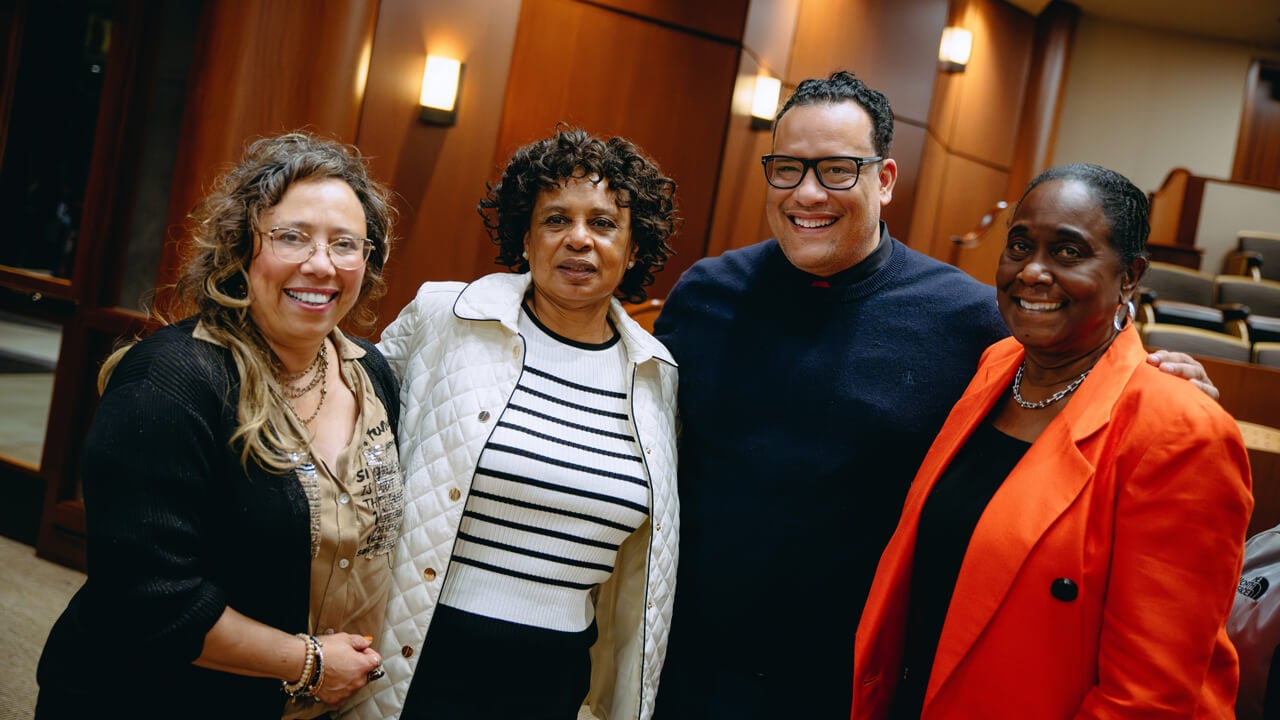
Law school conference uncovers tax greed
May 25, 2017

May 25, 2017

Navigating this issue was the subject of our School of Law’s criminal tax conference, “The Criminal Tax Case: A Tale of Greed and Stupidity,” held on May 18. Organized by the Quinnipiac Tax Clinic, the live-streamed event featured a series of panels that focused the many causes and implications of tax fraud.
Panelists were a who’s who of internationally respected experts — including IRS agents, prominent attorneys from international law firms and accountants. They explored a range of different tax crimes, what the IRS looks for when considering referring a fraud case, and the lifecycle of investigation from special agent work to the use of the grand jury and indictment.
The conference sparked an important dialogue between lawyers, accountants and government representatives, underscoring the significance of their cooperation and communication during tax fraud proceedings and the importance of acting ethically and responsibly. It also enabled area lawyers to earn up to 8 continuing education credits — something especially useful considering Connecticut’s new legal education requirement for practicing attorneys.
“Active lawyers must earn 12 continuing legal education credits each year according to a new requirement passed by Connecticut State Judges in January,” explained Sara Spodick, director of the Quinnipiac Tax Clinic.
Panelists also dissected and discussed famous tax fraud cases from past and present, highlighting the importance of lawyers and accountants acting ethically and responsibly, especially when their clients do not.
“We are all taught to zealously push our client’s agendas,” said tax attorney and panel moderator Eric L. Green, of New Haven-based law firm Green & Sklarz. “But there comes a point where our efforts can definitely become overzealous.”

Quinnipiac Today is your source for what's happening throughout #BobcatNation. Sign up for our weekly email newsletter to be among the first to know about news, events and members of our Bobcat family who are making a positive difference in our world.
Sign Up Now